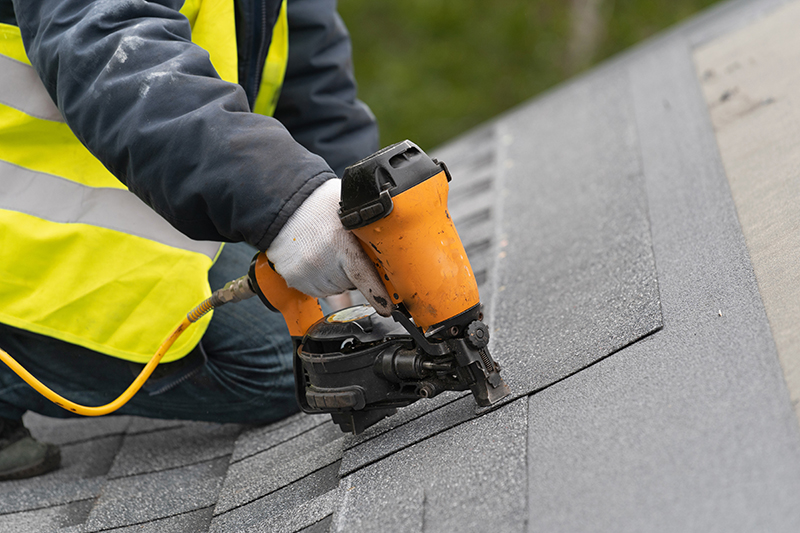Can I deduct a new roof on my taxes?
July 30, 2020 by Karen Reed, EA
As a homeowner, most of the costs you incur to keep up your home fall into two general categories: home repairs and home improvements. The home repairs category includes routine maintenance work, such as unclogging drains, fixing leaky pipes, and having your roof gutters cleared. Repairs like these keep your home in good working order, but they do not improve the structure of your home or increase its value. Improvements you make to your home’s structure, such as remodeling a kitchen or replacing a roof, do add value to your home and the expenses are treated differently for tax purposes.
When it comes to your personal residence or a vacation home that you use for personal purposes, the expenses you pay for routine home repairs and maintenance are considered personal, nondeductible expenses. On the other hand, costs for home improvements on your personal residence, such as a new roof, add to the cost basis of your property and will reduce your taxable gain when you sell your home. Your cost basis is your investment in your home and includes the amount you paid for it, including purchase costs such as appraisal fees, and the cost of improvements you make to the home. Your home's adjusted basis does not include the cost of any improvements that are replaced and are no longer part of the home – for example, if you replaced your roof twice, you would only be able to add the second roof to your cost basis. To accurately track your home’s cost basis, it is important that you keep your receipts for all improvements you make on your home while you own it. You can find more information on cost basis here.
The tax treatment of repairs and improvements is a little bit different for rental properties. You are allowed to deduct routine repairs and maintenance costs for rental properties, and you can deduct your costs for improvements incrementally over time by taking the depreciation deduction. Both deductions are claimed on Schedule E, Supplemental Income or Loss, which should be completed for each rental property you own. You can find just about everything you need to know about depreciation here.
In summary, there is no immediate deduction allowed for the cost of a new roof for a personal residence. Rather, the amount paid adds to your home’s cost basis and reduces any capital gain when you sell the property. When you put a new roof on a rental property that you own, you can recover the cost over time through the depreciation deduction on Schedule E. Always keep good records for all home improvements for both types of property.





